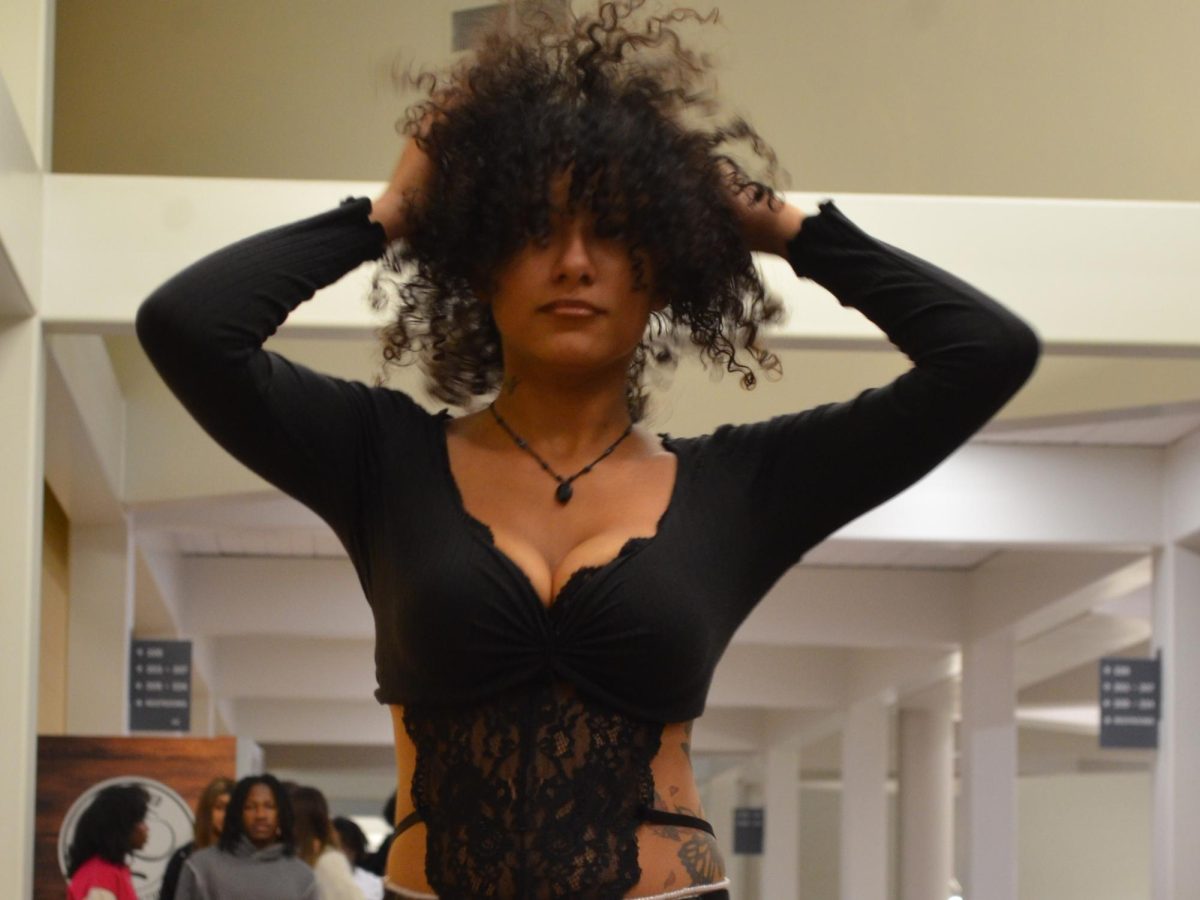First of all, let me qualify what I am about to say. I am not Mel Kiper Jr., draft analyst extraordinaire. Then again, you don’t have to buy an online subscription to get my opinions.
Heading into last weekend, the three NFL teams people on this campus hold nearest and dearest were climbing uphill with varying degrees of success. The Browns seem to be the furthest along, jumping from a 3-13 record in 2000 to a 7-9 record last year despite ranking dead last in the league in offense and 22nd in defense. The Lions couldn’t be much worse than last year, at least one might hope, going 0-12 en route to finishing 2-14 with a string of forgettable quarterbacks (Mike McMahon? Jim McMahon? Ed McMahon? Who cares?). The Bengals are … well, they’re the Bengals.
After last weekend, they all have some new ammo to attack next season with. How potent it all will be remains to be seen.
Butch Davis has been the head coach and Grand Exalted Pooba of the Browns for over a year now. Last year’s draft was his, but Director of Football Operations Dwight Clark had influence. This year, he oversaw the entire draft process from scouting to evaluation to signing off on the picks. The heat lamp has been turned on, and Davis won’t get any relief until Cleveland is in the playoffs.
First-round pick William Green gives the Browns a feature running back with more size than James Jackson, but less experience. Green came out of Boston College after his junior year with some off-the-field baggage that got him suspended twice. Davis had better watch him. The Browns haven’t had a lot of luck keeping players out of legal trouble in the past year.
Second round pick Andre Davis (not to be confused with sixth-round pick Andra Davis) is the Browns’ fourth wide receiver picked in the second round in four years. Kevin Johnson is the team’s best receiver, Dennis Northcutt is on his way to being cut and the book is still out on Quincy Morgan. Davis at first glance is another Morgan, quick but not the greatest hands. In the rest of the draft, the Browns took two offensive linemen, including one who played for Butch Davis at Miami in Joaquin Gonzalez, and three linebackers. There is still much debate as to whether the Browns actually did put Pro Bowler Jamir Miller on the trading block.
The Lions finally, finally, finally got themselves a quarterback. Make no mistake, Joey Harrington is not Andre Ware, Charlie Batch or any of the other undersized, underarmed misfits the Lions have paraded out under center. Harrington, thanks to the fact Ken Dorsey stayed at Miami for another year, may have been the best quarterback in the draft. The only thing that stood between him and high hosannas from the media was three time zones between New York and Oregon. That’s really good news in Detroit, where they haven’t had a good quarterback since Bobby Layne in the 1950s.
General Manager Matt Millen apparently thinks he’s got enough surrounding Harrington for now, because he used four of the next five picks on defense. Second-round pick Kalimba Edwards could help the Lions defense out. He is projected by ESPN.com as a defensive end/linebacker swingman, which may be important in a division where a defense needs to pressure the likes of Brett Favre and Daunte Culpepper twice a year. Bowling Green’s own Chris Glantzis may play as a special teamer if he makes the team.
The Bengals did their usual cheapskate routine this year, picking offensive lineman Levi Jones, whom a lot of drafting services predicted as a late first-rounder. Then again, he’ll be protecting Jon Kitna and Scott Mitchell, so why not go bargain basement? Corey Dillon probably isn’t worried, he usually finds a hole to run through by the time Kitna’s been knocked on his butt.
The highlight of the rest of the draft for Cincinnati was the selection of kicker Travis Dorsch in the fourth round. Not because of Dorsch himself, but because of what he signifies. No more Neil Rackers, possibly the worst kicker in the league since the goal posts were moved behind the end zones in the ’70s.







